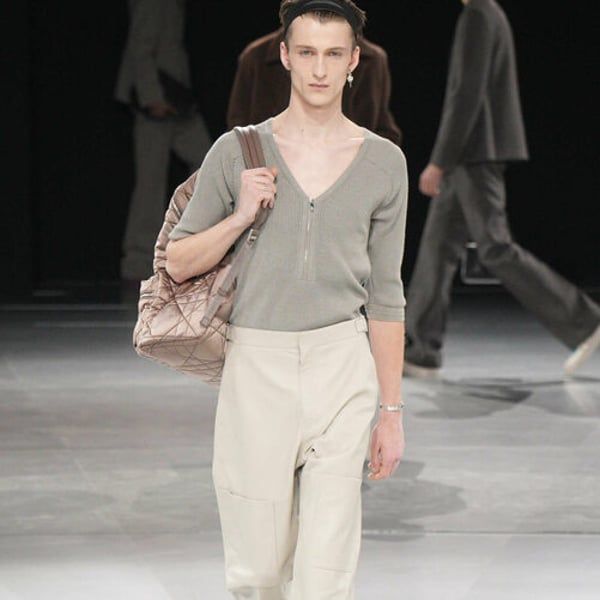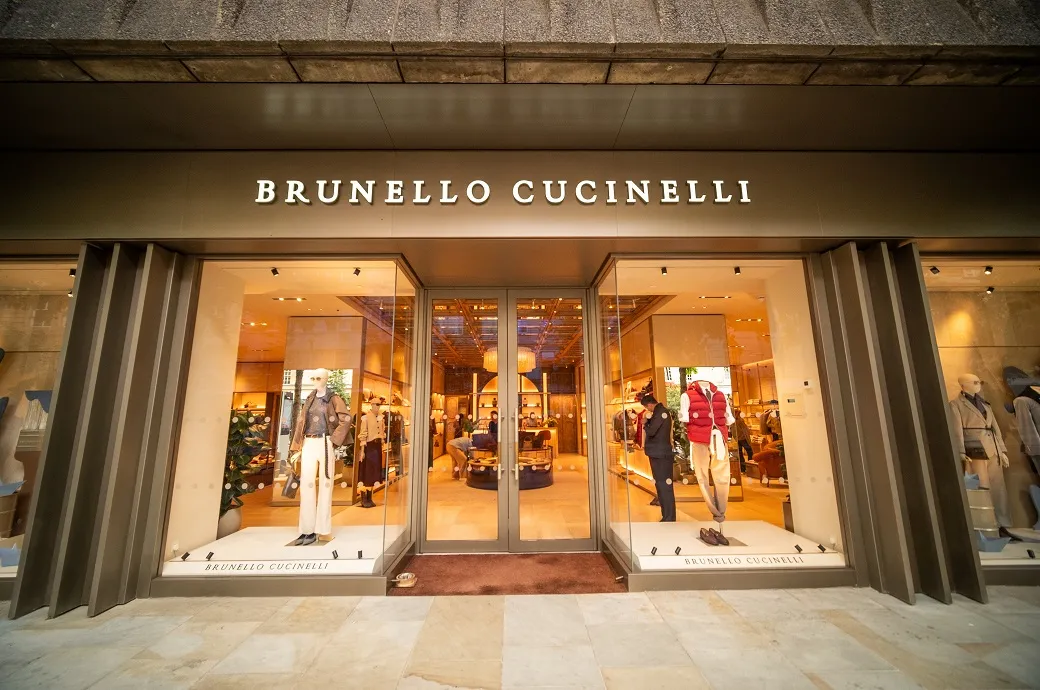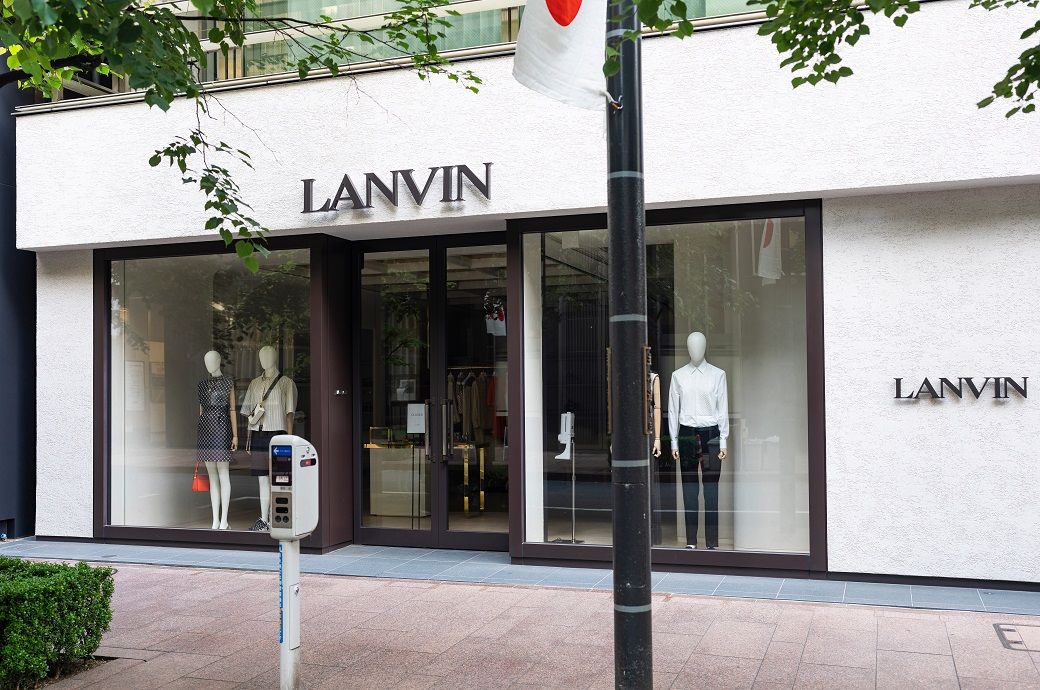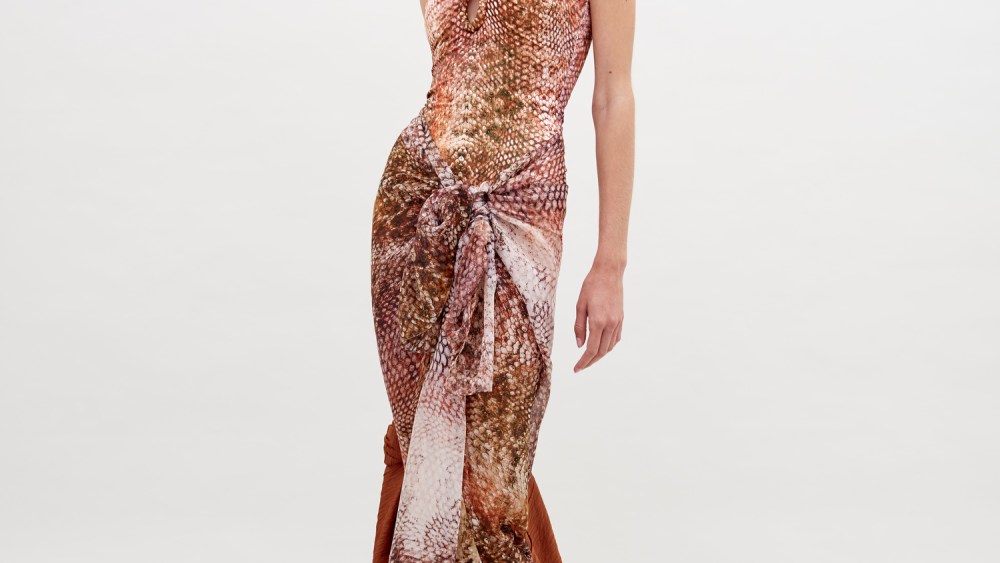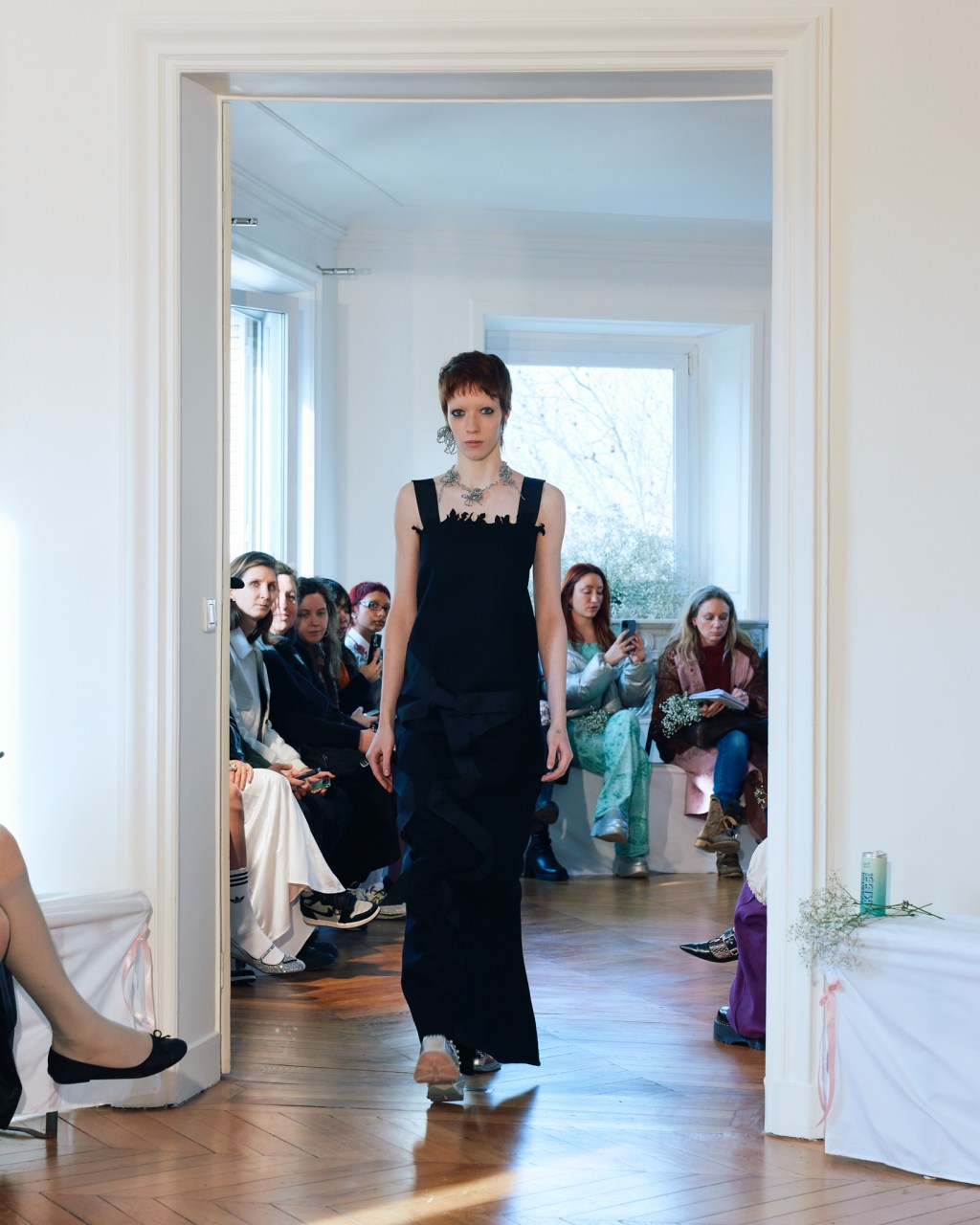Prosecutors in Milan are investigating the supply chain of about a dozen more fashion brands, a person with knowledge of the matter said, after a unit of France's LVMH in Italy was placed under receivership in an exploitation probe. labor.
On Mondaya Milan court appointed a commissioner to run an LVMH-owned maker of Dior-branded bags after an investigation into four of its suppliers based around Italy's fashion capital uncovered illegal working conditions for staff.
On-site inspections and checks of electricity usage data led prosecutors to allege that workers worked long hours, often late into the night and on holidays. Some staff slept where they worked, had no regular contracts and two of them had illegally immigrated to Italy.
It is the third such decision this year by the Milan court in charge of preventive measures, which in April took similar measures in relation to a company owned by Giorgio Armani due to accusations that the fashion group was “not guilty.” to adequately supervise your suppliers. Armani Group said at the time that it had always sought to “minimize abuses in the supply chain.”
LVMH on Monday declined to comment on the court's decision.
Milan prosecutors and Italian police are investigating more small manufacturers that supply about a dozen other brands, the person told Reuters, declining to provide additional details because the information is confidential.
The appointment of a special commissioner is aimed at giving subsidiaries of fashion brands time to fix problems in their supply chain while continuing to operate.
Neither LVMH nor Armani are under investigation, while the suppliers targeted by the investigation face accusations of labor exploitation, copies of court decisions seen by Reuters showed.
'Made in Italy'
Prosecutors in Milan have for the past decade been investigating recruitment companies that allegedly employed workers illegally, evading taxes, as well as contributions to social benefits and pensions, to reduce the cost of the services they provided.
Investigations traditionally focused on sectors such as logistics, transportation and cleaning services, where workers were supplied by companies that emerged and disappeared every two years.
Attention then turned to the fashion sector, where investigations have highlighted similar problems this year.
Italy accounts for between 50% and 55% of global luxury goods production, consultancy Bain calculated, and thousands of small manufacturers supply big brands and allow them to display the coveted 'Made in Italy' label on their products.
The latest Milan investigation has shown that a small manufacturer could charge Dior as little as 53 euros ($57) to make a bag, which the fashion house then sold in stores for 2,600 euros.
Under Italian law, brands that outsource production are responsible for carrying out appropriate checks on suppliers.
In the past, actions taken by Italian magistrates in relation to labor exploitation investigations concerned only suppliers who mistreated workers.
However, Milan prosecutors have been able to make use of a provision of the law that was originally designed to deal with companies infiltrated by the mafia.
These companies would be placed under judicial or judicial administration by appointing special commissioners to manage them.
Copyright © 2024 FashionNetwork.com All rights reserved.

